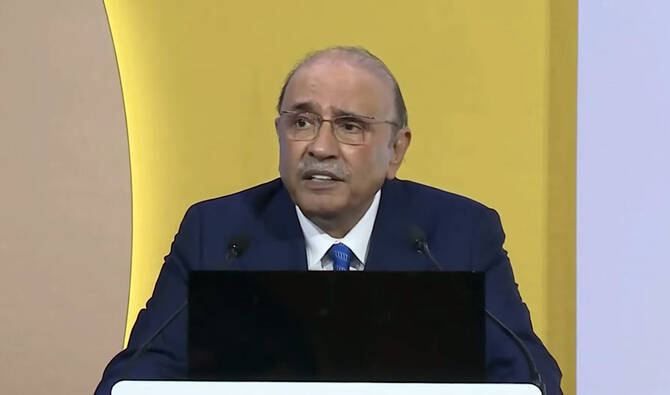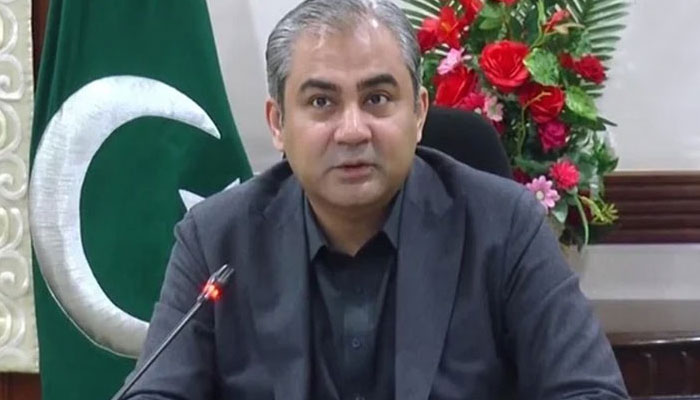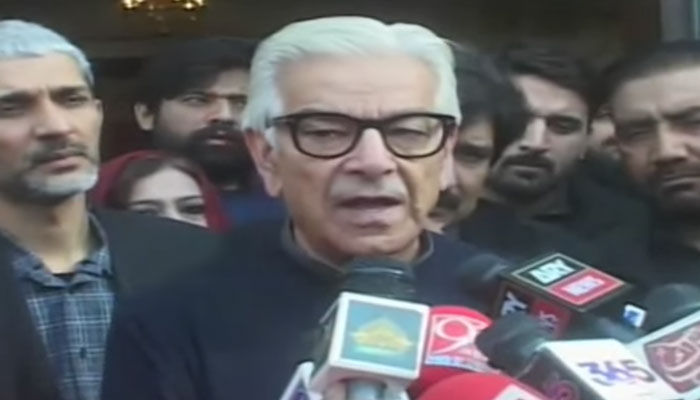POLITICS & POLICY MAKING

President Asif Ali Zardari on Tuesday issued a strong warning to India over its attempts to suspend the Indus Waters Treaty (IWT), declaring that the “weaponisation of water” against Pakistan would neither succeed nor be tolerated.
Speaking at the Second World Summit for Social Development in Doha, Qatar, the president said that India’s actions threatened not only regional stability but also the lives and livelihoods of 240 million Pakistanis.
“We in Pakistan face the brunt of climate change through devastating floods,” Zardari said. “On the other hand, we face a new threat in the form of weaponisation of water and violation of the IWT. Such tactics cannot and will not succeed.”
The president’s remarks follow India’s decision in April to hold the Indus Waters Treaty in abeyance after an attack in occupied Kashmir’s Pahalgam, which New Delhi blamed on Islamabad without providing evidence. Pakistan denounced India’s move as an “act of war,” stressing that the treaty contains no provision for unilateral suspension.
Islamabad has since considered legal action, citing violations of the 1969 Vienna Convention on the Law of Treaties.
In June 2025, the Permanent Court of Arbitration (PCA) in The Hague ruled that India could not unilaterally suspend the IWT, affirming Pakistan’s right to uninterrupted water flow from the western rivers allocated under the 1960 treaty. India, however, refused to recognise the court’s jurisdiction.
“Water is an equal right of every human being and humanity,” President Zardari said. “Turning it into a political weapon endangers peace, justice, and the environment.”
Under the IWT, three western rivers — the Indus, Jhelum, and Chenab — were allocated to Pakistan, while India received rights to the eastern rivers — Ravi, Beas, and Sutlej. Pakistan had earlier brought a case before the PCA challenging India’s hydroelectric projects on its share of the western rivers.
The court reaffirmed that India must “let flow” the western rivers for Pakistan’s “unrestricted use.”
Zardari’s Global Message in Doha
President Zardari also reaffirmed Pakistan’s commitment to social justice, inclusive development, and climate resilience, endorsing the Doha Political Declaration and aligning Pakistan’s vision with the Sustainable Development Goals (SDGs).
“Pakistan remains steadfast in placing people at the centre of policy,” he said, highlighting initiatives such as the Benazir Income Support Programme (BISP), which has empowered over nine million families through financial assistance, education, and healthcare.
He pledged to raise literacy to 90% and ensure universal school attendance within five years, while also promoting green and resilient housing, youth employment, and mangrove restoration as part of Pakistan’s climate adaptation efforts.
“Development must begin and end with the betterment of people,” Zardari said. “We must rise above all differences to embark on a path of compassion and progress for all.”
Stance on Palestine and Kashmir
Condemning the ongoing “genocide, apartheid, and starvation” in Palestine, President Zardari reaffirmed Pakistan’s unwavering support for the Palestinian cause and called for the establishment of a sovereign Palestinian state with Al-Quds Al-Sharif as its capital.
He also reiterated Pakistan’s stance on the Kashmir dispute, calling for the implementation of UN Security Council resolutions to ensure a just and lasting settlement in line with the aspirations of the Kashmiri people.
During a meeting with UN Secretary-General António Guterres, Zardari emphasised Pakistan’s support for multilateralism and global cooperation. The UN chief lauded Pakistan’s peacekeeping contributions and expressed solidarity in its fight against terrorism.
Meanwhile, PPP Chairman Bilawal Bhutto-Zardari also raised the issue of India’s water weaponisation with the UN, accusing New Delhi of creating man-made disasters by halting river discharge data and violating international agreements.
Bilateral Engagements
On the sidelines of the summit, President Zardari met with Iraqi President Dr Abdul Latif Jamal Rashid and Tajik President Emomali Rahmon, reaffirming Pakistan’s commitment to strengthening regional cooperation in trade, connectivity, energy, and defence.
Zardari welcomed progress on the CASA-1000 energy project, hailed the success of the Dosti-II joint military exercise, and expressed readiness to deepen bilateral relations with both nations.




